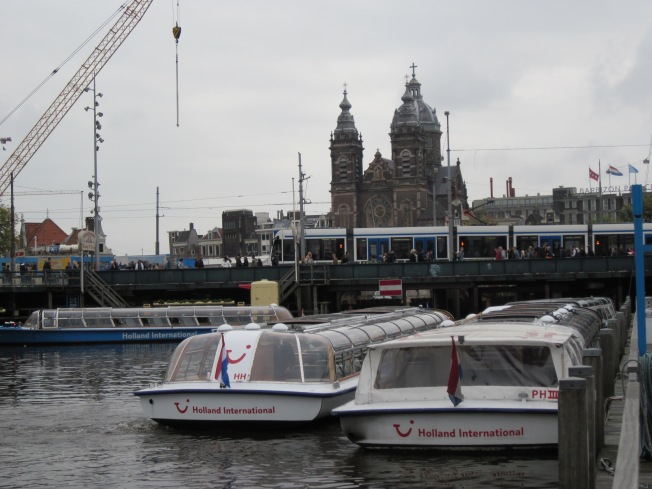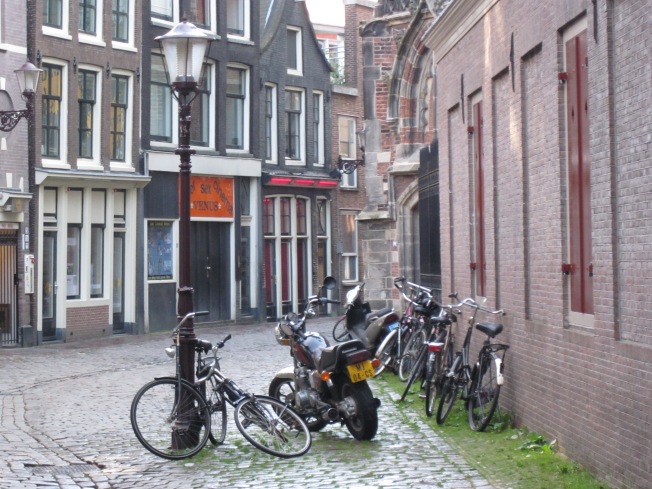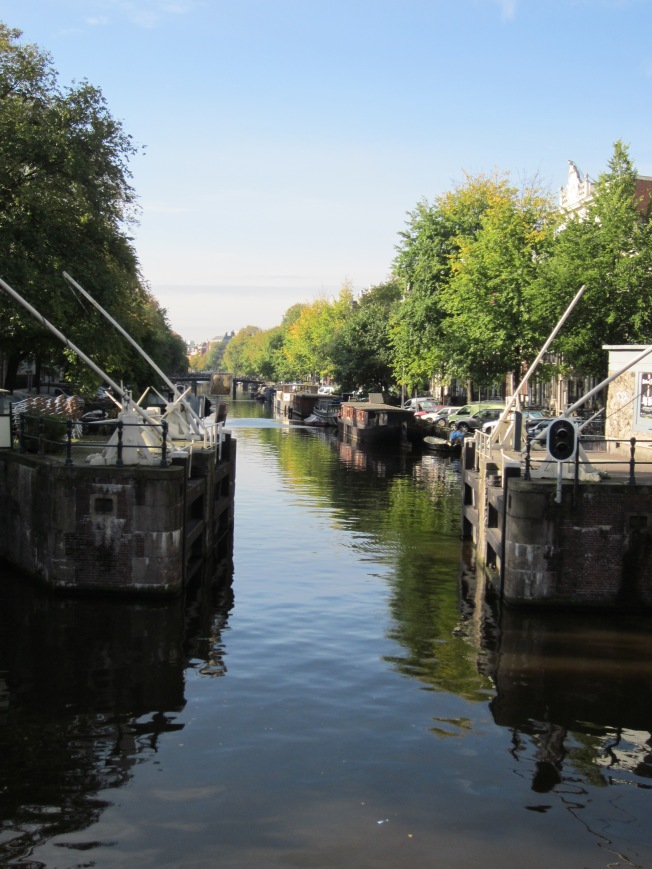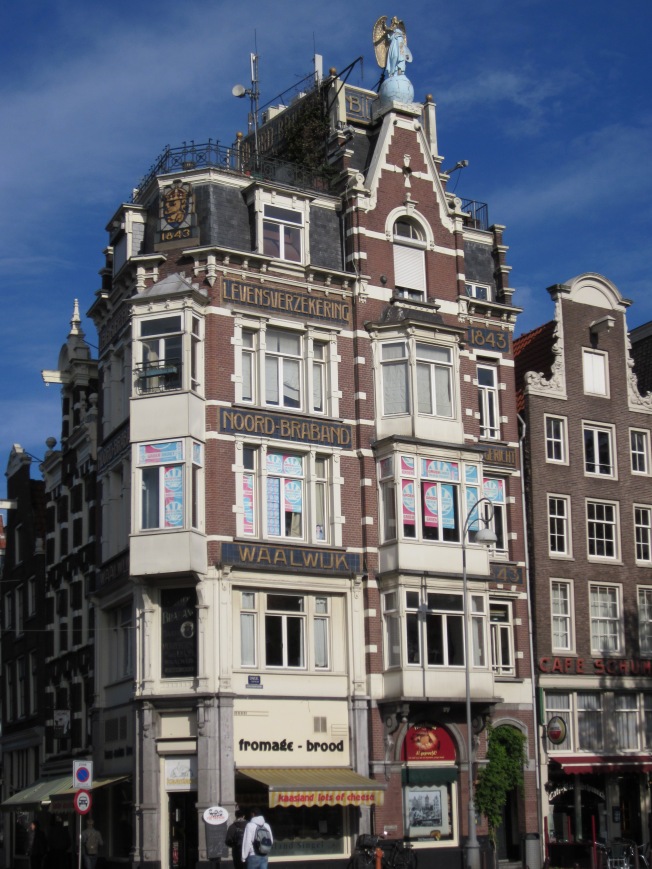I have many leftover pictures from Europe that I’m going to post and queue. I hope that you enjoy them.
Category Archives: Netherlands
Amsterdam Tram
History that I witnessed…
2010 Austerity Strike (Amsterdam)
Liverpool v. Sunderland 2-2 at Anfield, Premier League (Liverpool)
http://www.guardian.co.uk/football/2010/sep/25/liverpool-sunderland-premier-league
http://news.bbc.co.uk/sport2/hi/football/eng_prem/9020950.stm
http://www1.skysports.com/football/live/match/215361/commentary
2010 French Pension strikes (Liverpool)
http://www.nytimes.com/slideshow/2010/10/19/world/20101020-FRANCE.html?_r=0
http://www.cbc.ca/news/world/story/2010/09/23/france-retirement-strikes.html
http://www.aljazeera.com/news/europe/2010/09/201092383449360925.html
New Amsterdam
There will be a new gold rush on January 1, 2014.
Marijuana/cannabis will be legal to anyone over the age of 21, like alcohol. Colorado residents can grow up to 6 plants (3 can be flowering) on January 1.
New Amsterdam is the unofficial nickname of Colorado. Even though marijuana/cannabis is illegal in Netherlands to anyone who’s not a resident.
It will also be legal in Washington state as well. Both of those states will boom with tourists from around the world. It’s not just the MJ industry itself, but industries involved in travel will feel the boom.
Central Amsterdam
Oudekerksplein
Amsterdam
Amsterdam – 2 Days
Sept. 29-30, 2010:
I started out early in the morning from London and I got to Amsterdam just before check-in closed, 4 pm/16:00.
I stayed at the Flying Pig Hostel in the Red Light District. Ran into a few Aussies, Kiwis, and other Americans. The Americans were coming from Cologne/Koln and were military personnel/soldiers.
Before the blur, I saw AFC Ajax v. AC Milan in a soccer match was on TV as we were pub hopping.
Most of the stuff I have written down is not safe for a public blog.
Let’s just say that I survived Amsterdam.
——
Eiffel Tower evacuated after bomb threat
Updated September 29, 2010 05:00:00
The Eiffel Tower and the surrounding Champ de Mars park were briefly evacuated overnight because of a bomb alert, the fourth in the Paris region in as many weeks, but a search turned up nothing, police said.
Police said the decision to evacuate came after the fire service received a call from a public telephone saying there was a suspect package at the tower.
It was also the second evacuation of the EiffelTower and Champ de Mars due to a bomb alert – which also failed to turn up any explosives – in two weeks.
French security officials said last week the country was on heightened alert after receiving a tip-off of a planned suicide attack on the Paris metro.
Interior minister Brice Hortefeux said on September 20 France faced a real terrorism threat due to a backlash from Al Qaeda militants in North Africa, with fears growing of an attack from home-grown cells within French borders.
– Reuters
http://www.abc.net.au/news/stories/2010/09/29/3024475.htm
——
European cities hit by anti-austerity protests
29 September 2010 Last updated at 15:55 ET
Protesters take to the streets in Barcelona, Athens and Brussels
Tens of thousands of people from around Europe have marched across Brussels in a protest against spending cuts by some EU governments.
Spain has held a general strike, with protesters in Barcelona clashing with police and torching a police car.
Other protests against austerity measures have been held in Greece, Italy, the IrishRepublic and Latvia.
Trade unions say EU workers may become the biggest victims of a financial crisis set off by bankers and traders.
Many governments across the 27-member bloc have imposed punishing cuts in wages, pensions and employment to deal with spiralling debts.
On Wednesday night, Portugal’s minority government announced proposals to cut civil servants’ pay and state spending while raising taxes in an attempt to lower the country’s debt levels.
In Greece and the IrishRepublic, unemployment figures are at their highest level in 10 years, while Spain’s unemployment has doubled in just three years.
In Britain the government is planning to slash spending by up to 25% in some areas, while France has seen angry protests against a planned increase in the minimum retirement age.
Firecrackers
Police sealed off the EU headquarters and barricaded banks and shops ahead of the protest in Brussels. It was described by unions as a day of action under the slogan “No to austerity, priority to jobs and growth”.
Tens of thousands of demonstrators, many carrying large red and green balloons and banners, headed towards EU institution buildings in the Belgian capital.
They made heard their voices, whistles, horns and anything else they could find, says the BBC’s Nick Childs in the city, amid the sound and smoke of firecrackers.
Speaking at the march, Jean Claude Mailly, head of the French union Force Ouvriere, said there was still time to rethink the austerity measures.
“It is never too late because the austerity measures are in the process of being set up now,” he told the BBC.
“So we are in a period where social movements of a different nature will have a big value in the weeks and months to come. There is a strong social tension.”
Labour unions in Spain began the country’s first general strike in eight years by marching through the capital, Madrid, in an effort to shut down the city.
Also in the capital, there were mass protests outside bus and metro stations, and few buses were running. Many high-speed trains were cancelled and only about a quarter of commuter trains were running.
Groups of strikers went into shops and banks trying to force them to close.
The airline Iberia said it expected to operate only 35% of scheduled flights.
‘Banks to blame’
In the IrishRepublic, a man drove a cement mixer covered with anti-bank slogans into the gates of the parliament in Dublin, in an apparent protest at the country’s expensive bank bail-out.
The European Trade Union Confederation (Etuc) said the protesters were marching to voice their anger over budget-slashing plans and cuts which “could lead Europe into a recession”
The union warns that the financial crisis – which it describes as the worst in Europe since the 1930s – has already made 23 million people across the EU jobless. It fears that the austerity measures being implemented by various EU governments could “result in even more unemployment”.
“We didn’t cause this crisis. The bill has to be paid by banks, not by workers,” Etuc said.
Instead, the organisation urges governments to guarantee workers stable jobs, strong social protection and better pensions.
Workers in many EU countries are frustrated that they are paying for the mistakes of the banks and the financial sector, the BBC’s Christian Fraser in Brussels reports.
The recovery is still fragile. In some countries it has not even begun, and many fear the cuts could provoke further trouble, our correspondent says.
He adds that in short, it is a debate on austerity versus stimulus, cuts or spending, and the opinions are deeply and bitterly divided.




